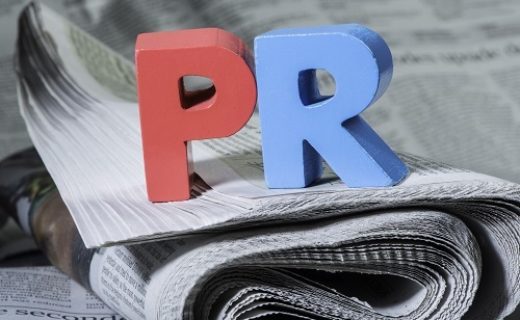There has always been this belief that great communicators—writers, actors, or presenters of any sort—are simply born with their outrageous skills. The right words simply jump from their lips with no effort. Their work is hardly work at all.
In truth, communicating well is a skill that takes training, practice, and hard work. The better you get, the more effortless it seems to the audience. But it only seems effortless.
Any businessperson preparing for an investor meeting, roadshow, board presentation, speech, media interview, or internal event must learn the skills required to be a compelling presenter. To think that presenting your company’s story is as simple as reading a set of slides is completely erroneous. In fact, if you try to read each slide to your audience, you’ll develop yet another cure for insomnia.
Here’s how great presenters are made.
1. Start with good material.
This is sometimes out of your control—as I’ve note about presenting bad slides well—but in a perfect world you’ll have a slideshow to with the right number of captivating, easy-to-present slides. It’s not enough that the story itself is good, such as a presentation about financial results that exceeded expectations. The materials you actually use have to be good. Imagine going into battle with a rifle that misfires. It really doesn’t matter how good a shot you are, does it?
2. Learn proper technique.
A set of skills exists that you simply must know to present well. There’s nothing so illustrative as watching a video of your presentation practice with someone who knows what they’re doing. Little things like body language, pacing, the use of props, and even how you are dressed can affect the overall feel of the presentation. Everything matters when you’re in front of an audience. You need to know your technique cold.
3. Practice with proper technique.
It’s often been said that practice makes perfect. Not true. Practice only makes things permanent, as an old friend once told me. To be perfect, you have to practice the proper technique. This means that presenters should practice by rigorously applying the skills they’ve learned to their own materials until the performance is smooth and natural. And don’t stop with the slides. Rehearse the Q&A, too.
4. Recognize you’re on stage.
This is one remarkably easy mistake to make. When you’re in front of a large audience, it’s obvious that you should have your game face on. But what about sitting in your own conference room on an earnings call? Or in front of your own management team? Or board of directors? Or your own employees in a conference room you’ve used 100 times before? When you’re presenting your story to an audience, any audience, you’re on stage. Period.
5. Learn to watch your audience.
How are you doing? Your audience can tell you, if you’re paying attention. Great presenters know they’re not speaking in a vacuum. If your audience is looking down at their iPhones, Galaxy S3s and BlackBerrys, you need to do something. They’re bored. If they look puzzled, you’ve lost them. Figure out what you just explained and do it again in simpler terms. If you’re trying to be provocative or funny, watch to see if it’s working. You need to know.
6. Get feedback.
The last thing most people want after a presentation is honest feedback. Because our egos are wrapped up in our presentations, we just want to hear how well we’ve done. Even if we haven’t. My recommendation is to have someone in the audience who will tell you honestly what worked, and what did not. You need this information to improve for the next time. If you spoke too fast or shuffled nervously on stage, you absolutely need to know. The truth can hurt, but it will also make you better.
7. Look for opportunities to present.
The more you do, the better you will get. This is a universal truth when it comes to presentations. You don’t need formal invitations to major events to present. You can work on your technique when running your team’s weekly meeting or when talking to clients about new ideas. If the opportunity arises to do a lesser conference or a media interview that’s not terribly important, jump at it. Consider it training and prepare as you would for when all the marbles are on the table.




